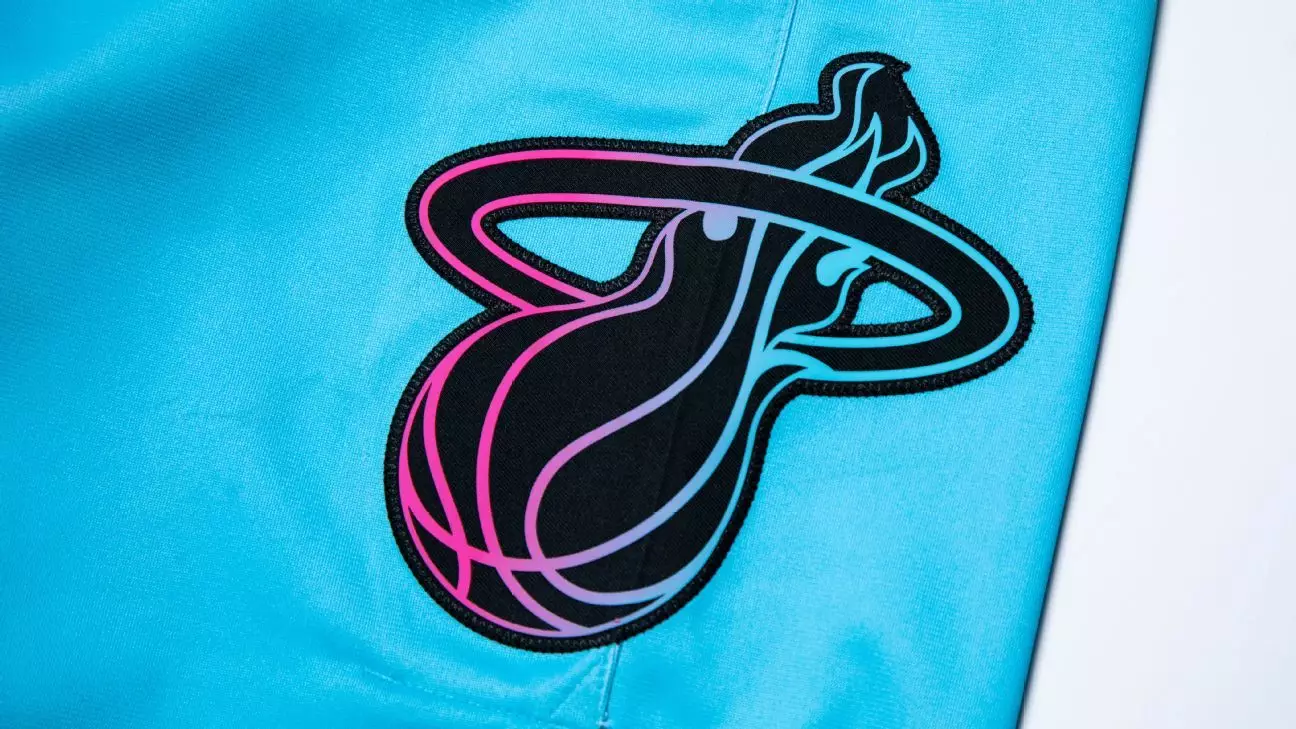The recent scandal involving a former Miami Heat security officer, Marcos Thomas Perez, exposes a troubling breach of trust within the sports industry. An individual entrusted with safeguarding valuable memorabilia, Perez’s actions highlight the vulnerabilities that exist even within organizations that pride themselves on professionalism and security. His misuse of access to a secured memorabilia storage area reflects not just individual greed but a systemic oversight concerning personnel vetting and internal controls. When someone with privileged access turns into a thief, it undermines the core principle of security—trust. It also puts into question the effectiveness of current protocols to prevent internal threats, especially in high-profile organizations where the stakes are astronomical, both financially and culturally.
The Impact of Theft on Legacy and Collectability
The theft of over 400 valuable items—including a LeBron James NBA Finals jersey that later fetched millions at auction—illuminates the vast disparity between illicit gains and real market value. Perez’s sale of these items for roughly $2 million, a fraction of their legitimate worth, reveals a dark underbelly of the sports memorabilia world. The fact that a jersey worn by a sports legend can sell for millions once authenticated highlights how these artifacts transcend mere collectibles—they are symbols of achievement, history, and cultural significance. When these items are stolen and traded illicitly, it erodes their legitimacy and distorts the market. Enthusiasts and collectors primarily seek authenticity and provenance; the theft and sale of such items threaten to devalue the industry and diminish genuine fans’ trust.
Institutional Failures and the Need for Vigilance
Perez’s history as a police officer and his subsequent role with the Miami Heat should have ideally equipped him with a strict understanding of security protocols. Yet, his breach demonstrates an alarming lapse in organizational oversight. Organizations often underestimate the internal threats posed by trusted employees, assuming that access levels are sufficient safeguards. The Miami Heat’s failure to detect such a theft earlier suggests a lack of layered security measures or ongoing surveillance of inventory handling. This scandal underscores the need for robust internal audits, continuous monitoring, and a culture of accountability that discourages internal theft. If teams are to preserve their integrity and protect their assets, stronger internal checks are non-negotiable.
The Broader Consequences for Sports Integrity
This breach is more than an isolated incident; it is a cautionary tale about the fragility of trust in sports organizations. The league’s reputation, the value of memorabilia collections, and fan confidence all hang in the balance. The extent of the theft, stretching over three years, suggests systemic negligence and perhaps a broader problem that goes beyond a single rogue employee. The case pushes sports entities to reevaluate their security policies, emphasizing the importance of internal vigilance and transparency. Ultimately, safeguarding sports history is about preserving the legacy and integrity of the game itself—something that internal betrayal threatens profoundly.
In a world where memorabilia can fetch millions, the betrayal of trust by those tasked with protection exposes uncomfortable truths about the vulnerabilities within sports organizations. To uphold the integrity of the sport and its history, organizations must foster accountability, tighten controls, and treat internal security as a top priority rather than an afterthought.

